Legal aid during mobilization: TCC sees no problems
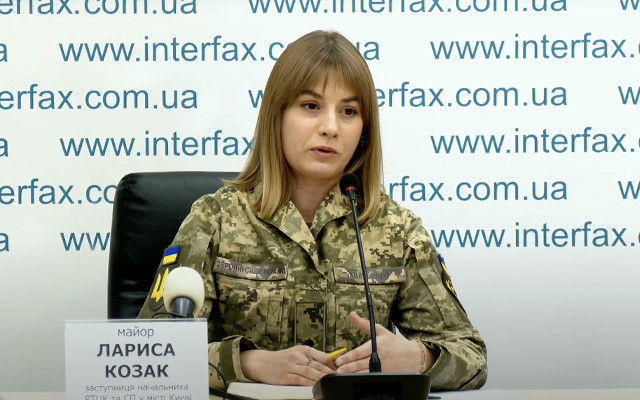
The military authorities claim that the training center or distribution center is not a place of detention. There is normal (taking into account the regime) access, including for lawyers. But practice shows the opposite.
«People do not always understand what the TCC is responsible for, what they are entitled to, what they are not entitled to, what their rights are, what their responsibilities are, where there are violations and where there are no violations», - said Maryna Holub, a representative of the Communications Department of the Land Forces Command. To clarify these issues, the press conference «Rights and Responsibilities of Citizens in Mobilization Issue» was organized.
Answering journalists' questions, Larysa Kozak, deputy head of the Territorial Center for Recruitment and Social Support, head of the mobilization department of the Holosiivskyi district of Kyiv, denied that the TCCs create any problems in the communication of persons liable for military service.
«A training center or distribution center is not a place of detention. There is a normal admission there, of course, subject to certain restrictions (regimes). But relatives and friends come there, and even lawyers arrive, and full professional legal assistance is provided there, - she noted. - If we are talking about this stage, when they are at the distribution point until they are sent to basic general military training, this is not a place where they are deprived of their liberty or someone is illegally detained and not allowed to go».
Other questions that the TCC representative answered during the event included legislative aspects, notification procedures, police participation in mobilization activities, the problems of so-called busification and mobile checkpoints. The participants also discussed the protection of the rights of the mobilized, including access to communication and the provision of domestic needs. In addition, they explained the peculiarities of mobilization for certain categories of citizens, including those with reservations and people aged 50+. Particular attention was paid to the role of recruiting centers and the possibility of recruiting directly to military units, which avoids applying to the TCC.
However, it seems that the military authorities do not see (or do not want to see) the blatant violations of citizens' rights during mobilization. Including when it comes to the right to professional legal assistance guaranteed to everyone by the Constitution of Ukraine.
We recently mentioned the incident in Kharkiv with lawyer Yulia Palagina. When she began to record violations of her client's rights in the premises of the military medical commission, the lawyer was pushed out of the room by physical force and her belongings were thrown away.
Recently, a similar case occurred in the city of Bucha, Kyiv region. Mariia Naselenko came to the district TCC to provide legal assistance to a person liable for military service who was called in to clarify his information. However, she was not allowed to see her client and was prevented from confidential communication. The lawyer filed a report on the commission of a crime under Article 397 (Interference with the activities of a defense counsel or representative of a person) of the Criminal Code.
When M. Neselenko came back to the TCC the next day, a conflict arose between her and the TCC representatives. One of the officials, according to the lawyer, began to twist her arm, shouting that video recording in the TCC was prohibited. He pushed the woman against the wall, hitting her back and head against the wall.
As a result, the lawyer was hospitalized. She lost her ability to work, and her practice of law was temporarily suspended due to her physical and emotional condition.
The Bar Council of the Kyiv Region reported a violation of the rights of their colleague. The situation has signs of the following criminal offenses
- obstruction of the activities of a lawyer (Article 397 of the Criminal Code), which manifested itself in the denial of access to a client, violent acts and violation of the lawyer's secrecy
- intentional infliction of blows and beatings (Article 126 of the Criminal Code);
- abuse of power (Article 364 of the Criminal Code).
The Bar Council of the region has already appealed to the State Bureau of Investigation to conduct an immediate investigation. The evidence includes medical certificates, a statement by the lawyer herself, and evidence of other offenses by TCC employees.
More information about this situation is available here.
Popular news

Self-government
A report on Ukrainian advocacy was presented in the European Parliament
Can a shadow report on advocacy replace the political framework of the Roadmap on the rule of law with demands for the restructuring of self-government? Where is the line between accountability and the seizure of institutions? And how can we respond to narratives with data rather than impressions?
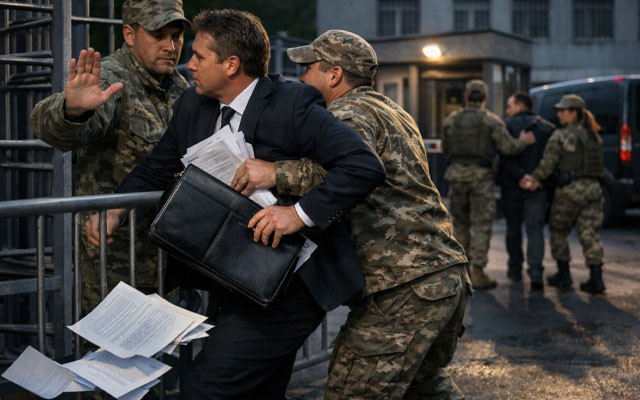
Guarantees of the practice of law
Proceedings opened following attack on advocate in Dnipro
The Committee for the protection of advocates' rights and guarantees of legal practice of the UNBA appealed to law enforcement agencies in connection with an advocate's report of an attack while performing his professional duties. The information was entered into the Unified Register of Pre-trial Investigations and a pre-trial investigation was initiated.
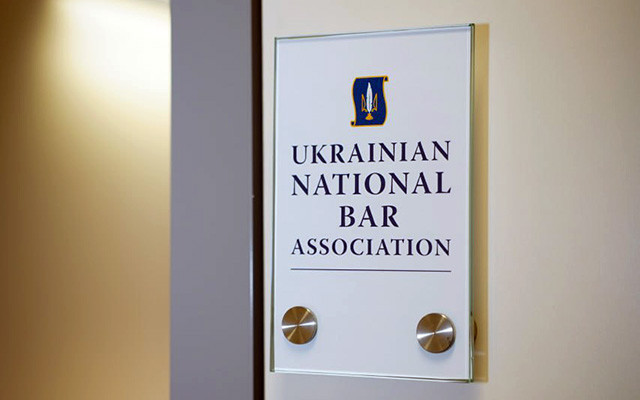
Abroad
UNBA office opens in EU capital
To strengthen the institutional presence of the Ukrainian advocacy community at the European level, an office of the Ukrainian National Bar Association has been opened in Brussels (Belgium), which will serve as a permanent platform for dialogue with European partners.
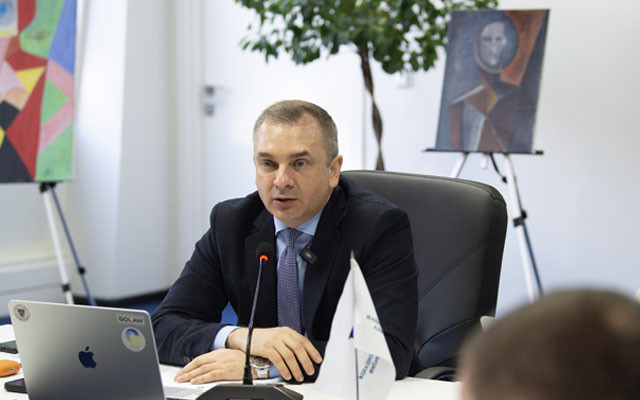
Guarantees of the practice of law
Identifying an advocate with a client is a blow to justice, — V. Gvozdiy
By defending individuals in criminal proceedings, advocates are in fact fighting for every person's right to a fair trial. Therefore, any identification of an advocate with their client is a blow not only to the profession, but also to justice itself.
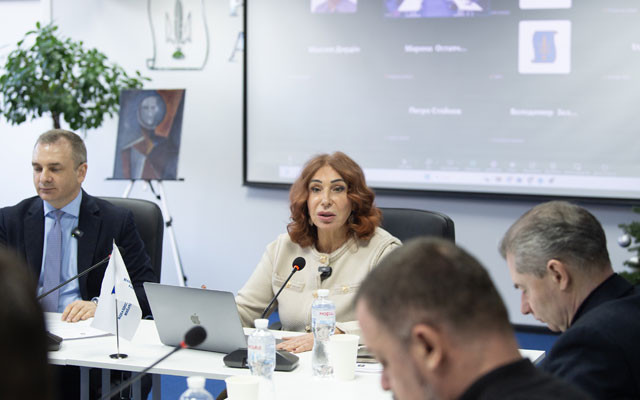
Guarantees of the practice of law
Impunity for public stigmatization of advocates violates the constitutional right to defense
The prohibition of identifying an advocate with a client is an international standard enshrined in the Law «On advocacy and legal practice». However, without accountability, this guarantee does not work, which poses a direct threat to the realization of the right to defense and the principle of adversarial proceedings.
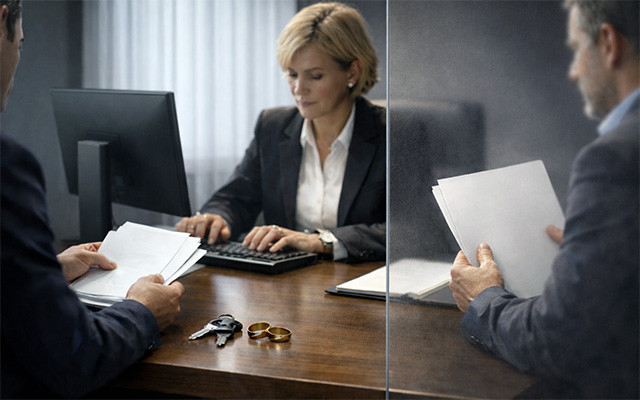
Legislation
Inheritance of a share in joint property and more: advocates have made comments
In the event of the death of one of the subjects of joint shared ownership, the shares of each of the co-owners in the joint shared ownership shall be deemed equal, unless otherwise agreed between them, by law, or by a court decision.

Discussion
How the reform of advocacy is «preventing» Ukraine from signing the Council of Europe Convention
During the regular meeting of the Verkhovna Rada Committee on legal policy held on January 12, MPs heard information from the Ministry of Justice on resolving the issue of signing and ratifying the Council of Europe Convention on the protection of the profession of advocate.
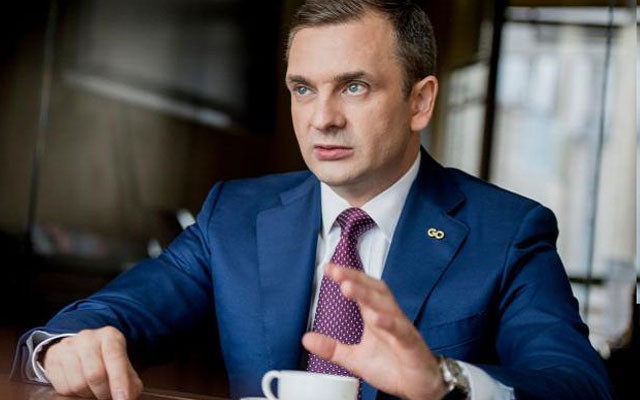
Legislation
Implementation of the Roadmap: the composition of the working group ensures a high level of expertise
The composition of the Working Group on the implementation of the Roadmap on the rule of law in relation to advocacy demonstrates the high institutional level of the experts involved by the Ukrainian National Bar Association in the formation of a package of decisions.
Publications

Volodymyr Matsko Extradition as a systemic form of rights violations

Victoria Yakusha, Law and Business The anti-corruption vertical cannot «take care» of the Bar as an institution, - acting head of the HQDCB

Censor.net Protecting advocates – protecting justice: addressing concerns about the new law

Ihor Kolesnykov A BRIEF SUMMARY REGARDING THE APPLICATION OF THE ORDER ON EXTENDED CONFISCATION IN LATVIA REGARDING FINANCIAL ASSETS OF…

Valentyn Gvozdiy WORKING IN A WAR ZONE

Lydia Izovitova Formula of perfection

Sergiy Vylkov Our judicial system is so built that courts do not trust advocates

Iryna Vasylyk Advocacy in the proclamation of Independence of Ukraine
